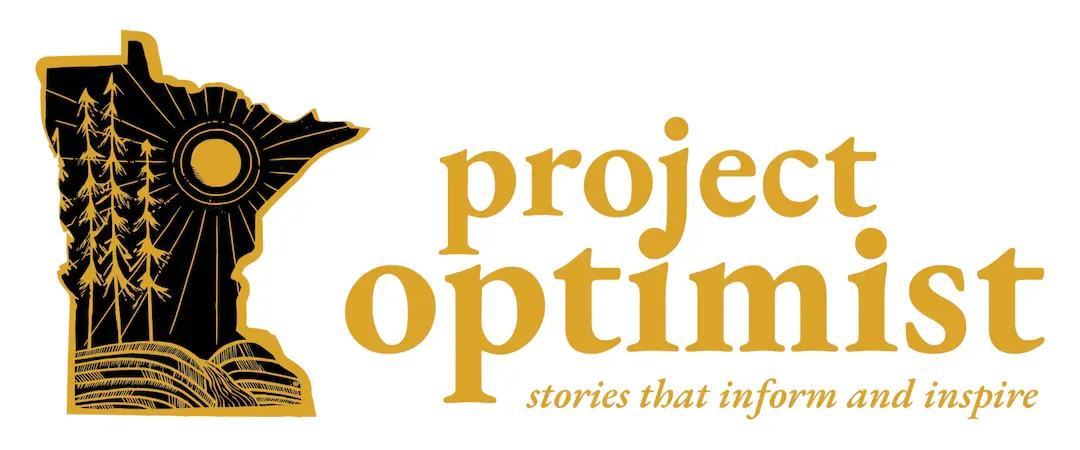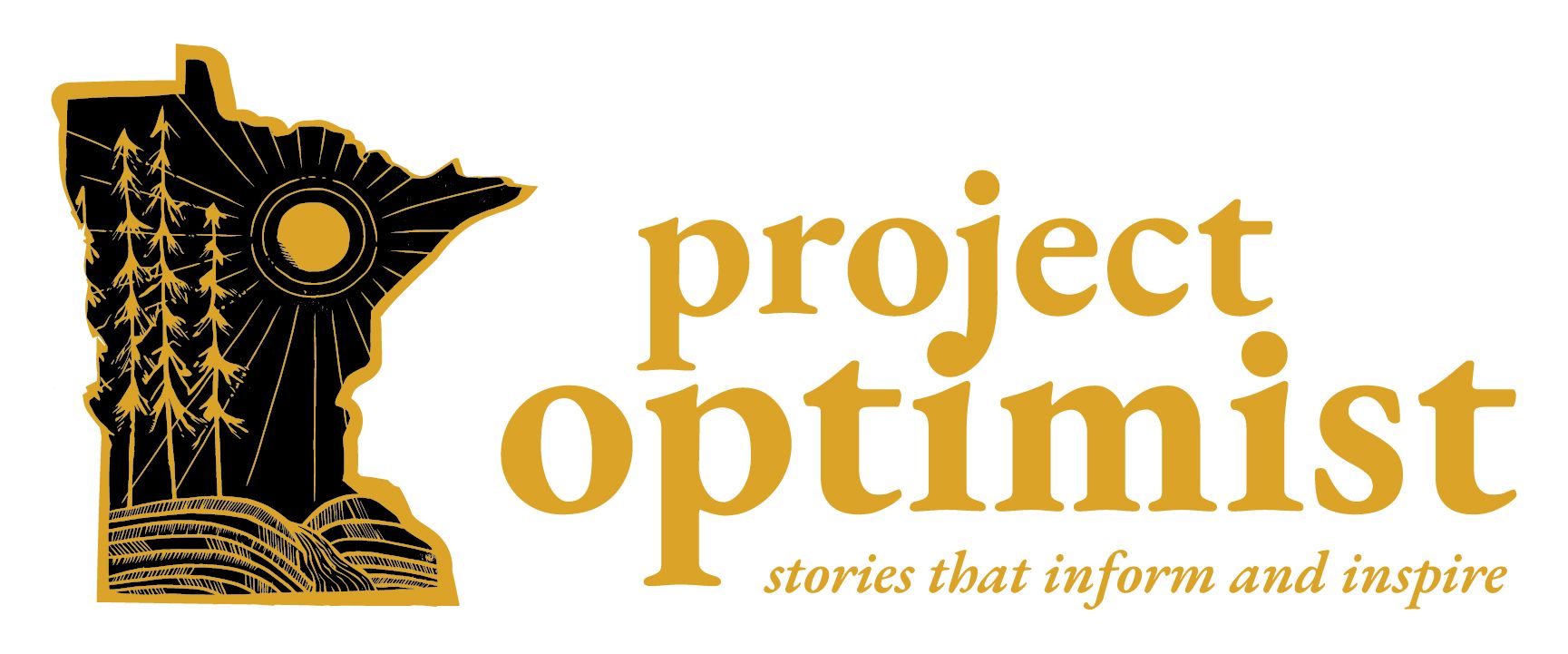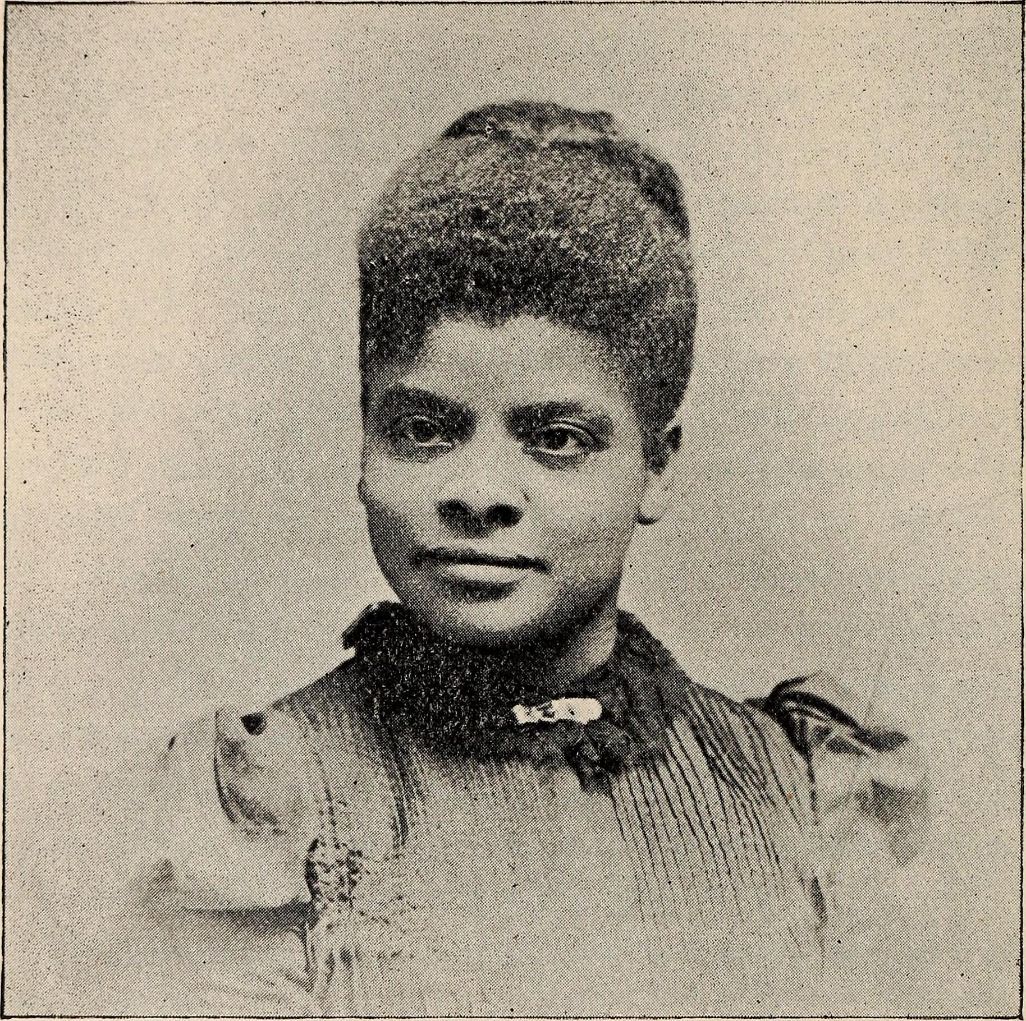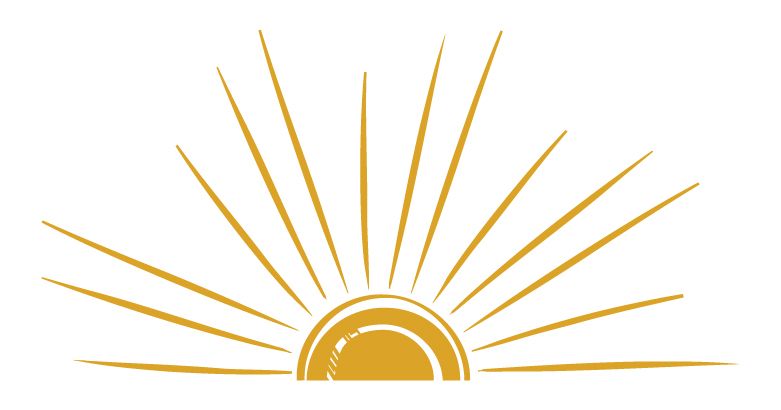Community Voices ⎸ Bite-size journalism history: A reflection on Ida B. Wells
Where Black history and women's history meet the history of journalism
Where Black history and women's history meet the history of journalism
Something a little different this week
Greetings everyone. Nora here, unusually far away from the big snowstorm hitting the upper Midwest. I hope those in the blizzard are staying warm, dry and stable on the ice.
I made a last-minute trek to Indiana for a family funeral yesterday. I grew up in Indianapolis, and this is where I come for the gamut of happy and sometimes sad occasions.
It's been a busy couple weeks, so I'm going to keep my message a little short. I have some reflections to share on the great Ida B. Wells, a trailblazing investigative journalist and one of my heroes.
Heads-up: There are a number of references to race-based violence in the history lesson below.
Ida B. Wells in 1983
'I have told it so often that I know it by heart'
Ida B. Wells described work as a journalist as "my first, and might be said, my only love," in her autobiography, Crusade for Justice.
She meticulously documented the rise of lynchings in the U.S. in the 1890s. These were extrajudicial killings of Black Americans that white leaders - in the press and at the pulpit - failed to condemn and often condoned.
Wells traveled the U.S. and England to tell the full story, including economic motivations and biracial relationships behind some of the murders. She was also a suffragist and mingled with the likes of Frederick Douglass and Susan B. Anthony, both of whom she wasn't afraid to challenge.
Her autobiography, which was published in 1970 in its unfinished form, is full of stories illustrating conviction from childhood.
She was born a slave in 1862. She grew to be intelligent, refined and well-regarded on the global stage.
After her parents died of yellow fever, Wells insisted on raising five siblings in order to keep them all together. She was a young teenager at the time.
She once bit a train conductor who tried to force her out of her seat and into a subpar smoking car. Another time she confronted a minister who had cast aspersions on her. He then cleared her name in front of his Sunday congregation.
Wells' wedding to Ferdinand Lee Barnett, an attorney and fellow journalist, was so well attended the crowd filled the church and street outside. She brought along their infant son on a speaking circuit, because he was still nursing at the time.
In 1892 Wells was in Memphis publishing Free Press, a paper she co-owned, when three men were lynched, including good friend and well-respected community member named Thomas Moss. Moss' wife was pregnant with their second child, and Wells was godmother to their first.
Wells wrote a scathing editorial telling Black residents to leave Memphis. And many did.
While Wells was traveling the U.S. shortly after that, her newspaper offices were ransacked, equipment destroyed, her business partner was run out of town and she was told she'd be killed if she returned within 20 years.
She went on to publish a statistical record of lynchings called The Red Record and agitate for anti-lynching laws.
She told Frederick Douglass: "I am only a mouthpiece through which to tell the story of lynching and I have told it so often that I know it by heart. I do not have to embellish; it makes its own way."
Less than one year ago U.S. lawmakers made lynching a federal hate crime. The law is called the Emmett Till Antilynching Act after the 14-year-old boy murdered in 1955.
Read more about Ida B. Wells' work
Why the history lesson?
Wells' story is an important part of American history, and we're right at the cusp of Black History Month and Women's History Month.
Wells' story is also important to the history of journalism in the U.S. And it's a testament to the power of journalism.
Wells showed up, collected facts and corroborated them. She also wrote editorials, calling for change and championing civil rights.
I like to think of investigative journalism and solutions journalism as two sides of a coin. We need investigations to illuminate problems. Then we need to explore how people are responding to those problems.
Final thoughts
Thanks for being here this week!
If you're new, please peruse our archived newsletters. And explore the stories that have been republished to our website. You can check out a number of extremely well-researched student columns here.
Project Optimist is looking for an event manager to take the lead on our conversation series around controversial topics. And we're hiring a revenue officer to kickstart our sales and fundraising work.
Feel free to share the listings far and wide!
Be well!
♥ Nora Hertel, founder of Project Optimist
See and share our job postings!
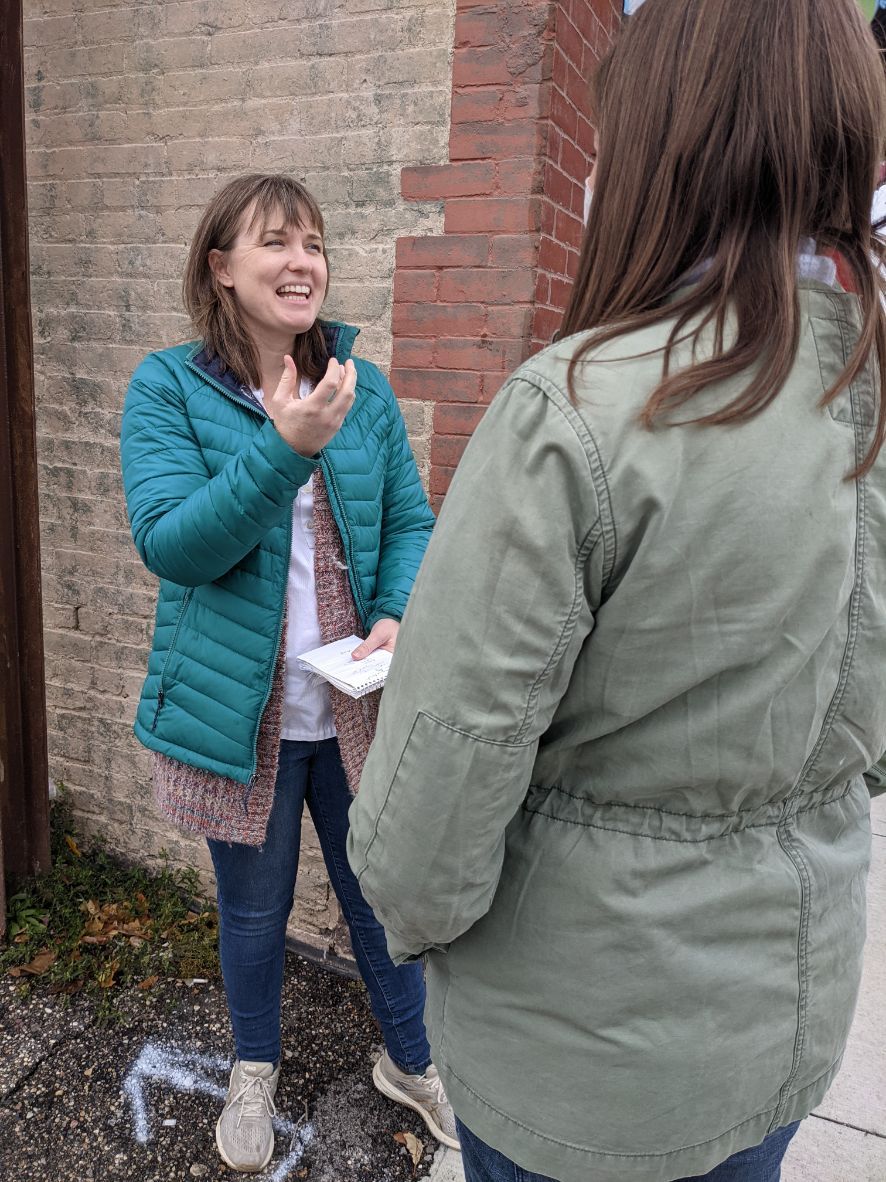
Project Optimist Founder Nora Hertel interviews a friend in downtown St. Cloud, Minn., in November 2021.
Copyright © 2023 Project Optimist, All rights reserved.
P.O. Box 298, St. Michael, Minnesota 55376

